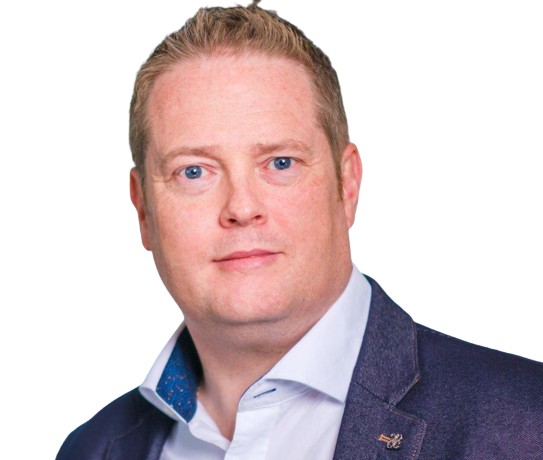

When someone dies in the UK and you are acting as the Executor or personal representative, it is important that you locate and identify all their possessions and financial holdings. This process is called a deceased assets search. It’s essential for several reasons:
Thankfully there are services that our partner Inheritance Data can provide to help with this such as:
Remember, conducting a thorough deceased assets search is crucial for ensuring the proper administration of the estate and fulfilling legal obligations. If you have specific questions, it’s best to consult with a probate practitioner.
You can find a list of all the deceased assets searches to consider on our Asset Search web page.
If you are acting as either an executor (if there is a Will) or personal representative, sometimes referred to as an Administrator (if there is no Will), there are a number of risks for you to consider. These risks can apply to you and the beneficiaries.
To help you understand these risks and what can be protected by an Insurance policy, we have written a guide to Executor Insurance which may be useful to you. It explains the risks you face, the types of policies that can be purchased and at what stage in the Probate process.
I hope this guide has helped you understand what is involved in a deceased assets search.

Hi, I'm Rob, CEO and Founder of Insuristic. My mission is to make insurance easier to understand and buy online.
I hold an Advanced Diploma in Insurance (ACII) which demonstrates I have a solid technical understanding of Insurance and have committed to continuous professional development. I am also a member of the Chartered Insurance Institute and hold the a Chartered Insurance Broker status.
Over the last 27 years, I have worked for insurers, insurance brokers and insurance technology businesses, specialising in product, sales and marketing.
You can find out more about me on my author page.

Insuristic Limited is an Appointed Representative of SJL (Worcester) Ltd, who are authorised and regulated by the Financial Conduct Authority with the reference number 763599. This can be checked by visiting https://register.fca.org.uk/s/.
Registered Office: Unit 2, 262 Walsall Road, Cannock, England, WS11 0JL. Registered in England and Wales No: 13926650.
Insuristic is a registered trademark. ©Copyright 2023 Insuristic Limited. All Rights Reserved.